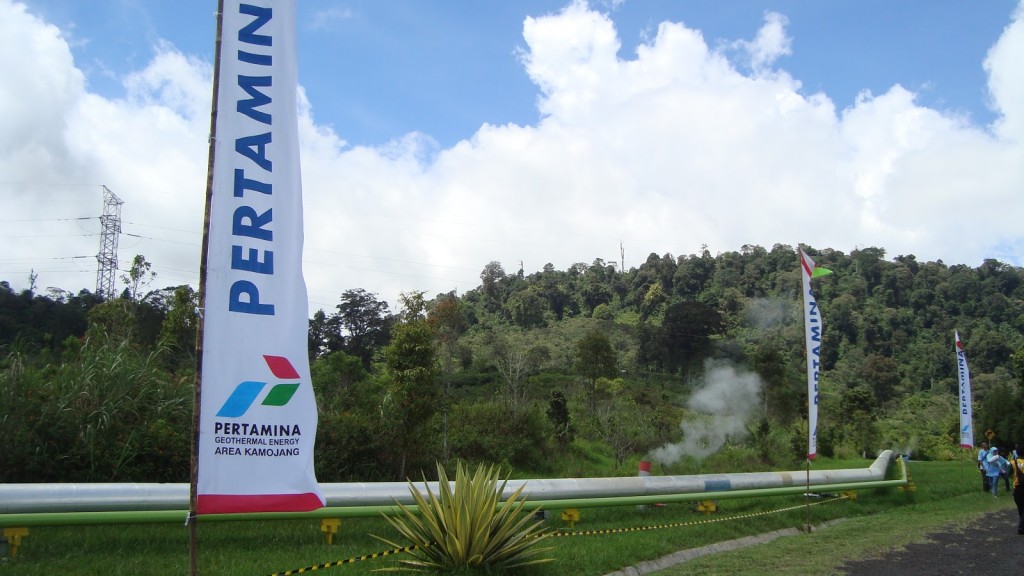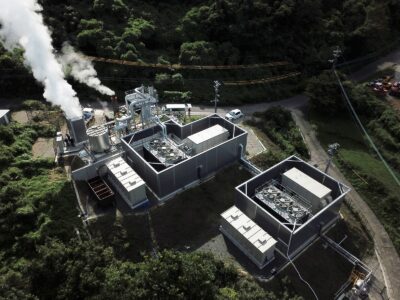PLN acquisition of PGE could be counterproductive to geothermal development
The planned acquisition of up to 50% in Pertamina Geothermal Energy by state-utility PLN might actually hurt geothermal development in Indonesia, according to energy analysts in Indonesia.
Ever since the announcement by Indonesian State-owned electricity utility PLN of its interest in the acquisition of a take in Pertamina Geothermal Energy, there are increasingly critical voices to this acquisition.
In an opinion piece in the Jakarta Post today, an energy analyst actually raises his doubts and actually sees the acquisition as counterproductive for geothermal development in Indonesia.
Komaidi Notonegoro, executive director of the Jakarta-based research group ReforMiner Institute, said PLN had limited capacity in running a geothermal business which, like the oil and gas industry, requires extensive exploration and exploitation.
“In this case, Pertamina’s readiness in providing infrastructure, such as the rig, for geothermal energy is relatively better than PLN,” Komaidi told The Jakarta Post on Thursday in Jakarta.
He added that the major problem in geothermal development came from the differing perceptions between geothermal power producers and PLN, as the offtaker in pricing policies.
Integrating upstream and downstream geothermal businesses, Komaidi continued, did not answer the problem and could lead to further incorrect conclusions about the importance of PLN acquiring coal producers to develop a coal-powered country.
“Indonesia’s geothermal development cannot be accelerated only by the PGE acquisition,” he said, highlighting that it was the pricing problem in the geothermal industry that must be solved.
PLN is set to buy 50 percent of shares in PGE by the end of 2016 as part of efforts to speed up geothermal power supplies to the firm. With the acquisition, PLN expects to have easier access to geothermal energy and to cut production costs, helping consumers to enjoy more affordable electricity.”
Source: Jakarta Post


















